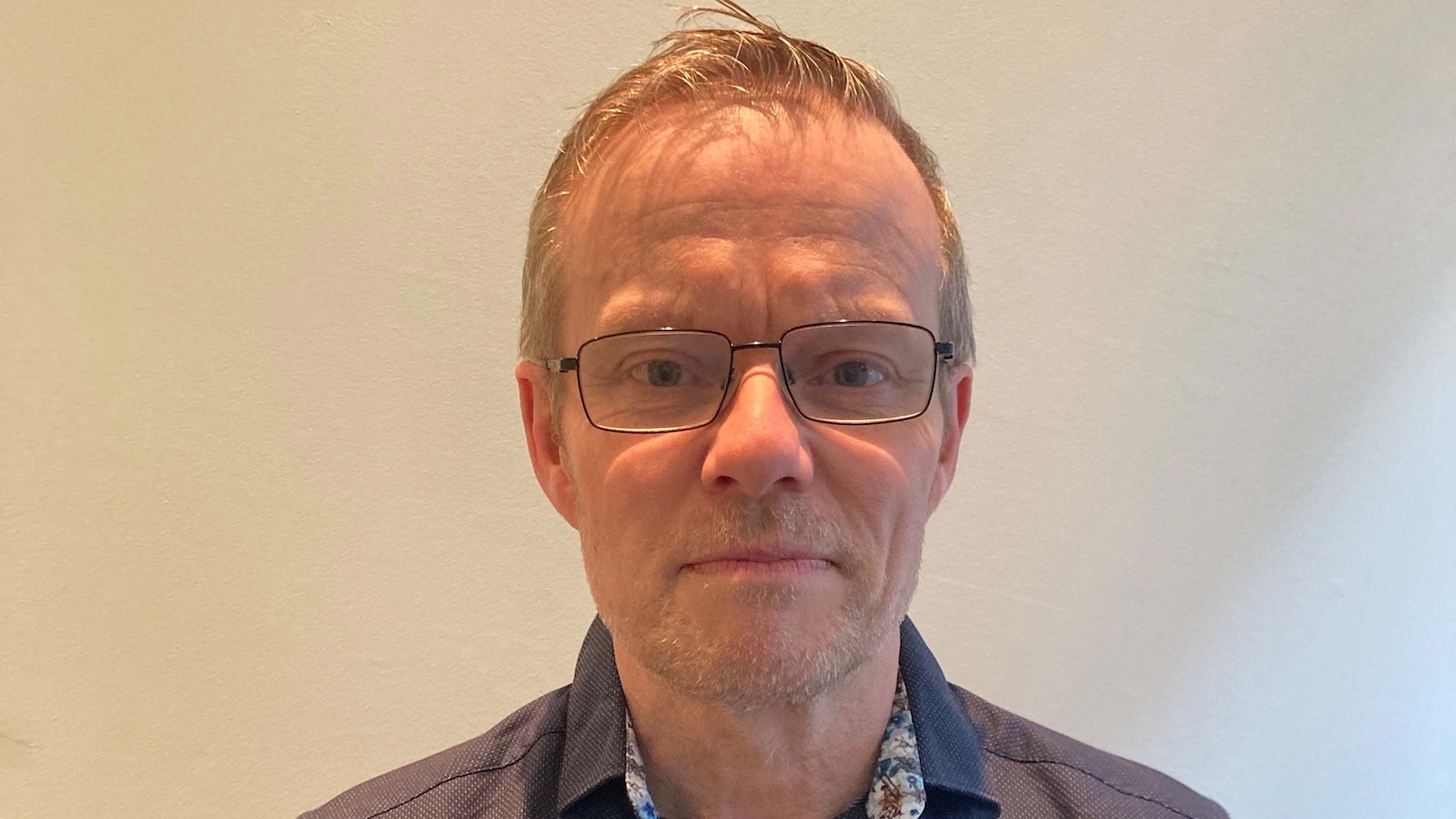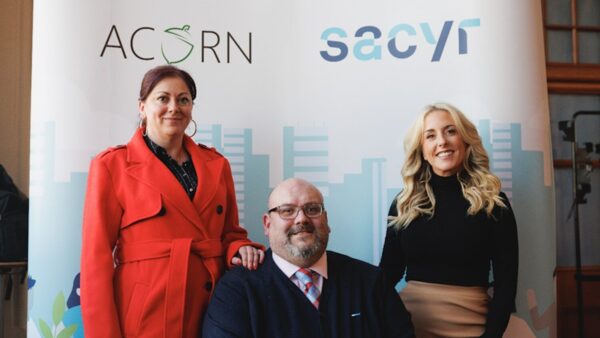
The latest in our series on chartered environmentalists features Peter Turner FCIOB, who has seen attitudes to sustainability evolve considerably over the course of his career.
When Peter Turner left school in 1985, he knew university was not for him.
But despite rejecting a fully academic route, he was passionate about pursuing a career in construction and engineering.
“I started working on construction sites from the age of 16. My late father was an engineer, and he encouraged me to consider engineering and construction,” Turner says. “I was very much attracted to the industry.”
That attraction was largely due to the machismo a young Turner associated with working in construction.
“The industry has since changed and evolved, thank goodness, because that certainly wouldn’t be appropriate in this day and age,” he says. “However, at the time, I saw it as a macho and dynamic environment.”
What is a chartered environmentalist?
Chartership is a globally recognised mark of achievement that enhances career prospects through establishing proven expertise and experience.
For environmental professionals, chartership reflects a high level of skill and experience, setting chartered environmentalists apart from others working in their field.
Across the world, CEnv registrants utilise their environmental expertise to instil client trust, transition to sustainable practices, lead departments, make strategic decisions, advise governments and work as highly skilled practitioners.
More than 7,500 professionals from a spectrum of fields – including engineering, forestry, ecology, resource management, agriculture, consulting, planning, environmental assessment and air quality – have achieved CEnv registration to date.
Find more information about becoming a CEnv member here.
Turner also knew that a career in construction would offer educational and development opportunities, while he gained practical experience.
“I also felt then, as I do now, an enormous sense of pride that I can show my family and friends the projects I’ve worked on – and not every industry can offer that,” he adds.
“In a lot of roles, the work you do stays on a computer. But for us in construction, we can walk past a bridge or a building and say, ‘I did that’. It’s such a unique part of working in our industry.”
Sustainability requirements
At the start of his career, Turner acknowledges that sustainability was not high on the agenda across the industry.
“Back in the 1980s, sustainability requirements were not particularly considered at all,” he says. “Sustainability and environmentalism weren’t really part of my early career, but that grew as our society began to understand the importance of protecting our planet.”
Now, with experience as a project manager, Turner says he has seen the importance of sustainability requirements in construction grow significantly – but there is yet more work to be done.
“The industry still needs to evolve more to be in the right place,” he adds. “But as the construction industry has developed over the years, the understanding of environmental issues has grown.
“And as my career has developed, my own understanding of these issues has also grown, hand in hand.”
When he became a chartered member of the Chartered Institute of Building (CIOB), part of Turner’s application had to demonstrate a clear understanding of environmental requirements in construction and the important role built environment professionals must play.
Turner says his sustainability credentials took another big leap in 2011 when he became a chartered environmentalist through the CIOB.
“Becoming a chartered environmentalist has helped to hone my knowledge, my thinking and my understanding of the discipline,” he explains. “It made me look at what I had done previously and consider what I needed to do going forward.
“It sharpened the environmental sustainability aspect of my working practice at the right time and, ever since, I’ve continued progressing with that as a major part of how I work.”
Turner admits that becoming a chartered environmentalist has also helped to assuage any self-doubt he previously felt about not attending university.
“My educational background might not be as good as some others, but I’ve tried hard ever since,” he says. “I have gained so much confidence through chartership.
As a chartered environmentalist, I often have to – and I am happy to – remind many that challenge it, to look deeper and gain a full understanding of what good sustainable practice can deliver
“These achievements have helped to bridge the gap – that was, perhaps, only ever in my head – and allow me to feel more confident when I talk about environmental issues.”
The future is bright
Now in his 40th year of working in construction, Turner remains as keen to learn and discover new things as he was when he started out as a bright-eyed 16-year-old.
“I still love working in the industry,” he says. “I have also learned so much from the dedicated environmental teams I have worked with on projects over the years.
“Recently, I have become a sustainability ambassador for CIOB’s London hub. Through the role, I have an opportunity to hear from other leaders from different organisations.
“I can then feed back examples of best practice from members of the London hub, which can be shared with CIOB and the wider membership.
“I have learned and shared so much already. It is such an exciting time to be part of the industry.”
While Turner is encouraged by the progress the industry has made over the course of his career, he insists there are some persistent barriers when it comes to implementing sustainable requirements across projects.
“The most common challenge is cost,” he says. “That’s closely followed by concerns relating to potential project delays [caused by implementing a sustainable solution].
“Our industry often delivers within the confines of tight financial margins and tight timescales, so it is understandable that sustainable requirements and solutions meet this resistance.”
However, he insists that, from his experience, investing in sustainable solutions can often save money and time – albeit not always immediately.
“As a chartered environmentalist, I often have to – and I am happy to – remind many that challenge it, to look deeper and gain a full understanding of what good sustainable practice can deliver.”
Making a difference
After four decades in the industry, Turner shows no signs of wanting to slow down any time soon.
With my considerable experience and knowledge base as a chartered environmentalist, FCIOB and a chartered civil engineer, there is so much I can do to continue helping younger professionals
“I want to continue developing my environmental knowledge and influence,” he explains.
“I may have reached the pinnacle of where I can get to in respect of the level of management in our industry, but with my considerable experience and knowledge base as a chartered environmentalist, FCIOB and a chartered civil engineer, there is so much I can do to continue helping younger professionals in the industry.”
Turner’s advice to any budding environmentalists who want to make a difference in construction: just do it.
“We’ve always needed a focus on sustainability, but our industry – and indeed the world as a whole – hasn’t always had it,” he adds.
“But it has developed. It has moved more and more to the fore, and it is an increasingly important part of how our industry operates and how we need to respond as a species.
“The consequences of not responding to environmental damage and its impacts are already being felt on almost every continent, every day of the year.
“Not a day goes by without flooding, without fires, without water scarcity. We must act now, and becoming an environmentalist is an incredible way to help.”
Are you looking for top construction talent? Want to get ahead of the competition? Contact Sophie Holland at CIOB Jobs.









